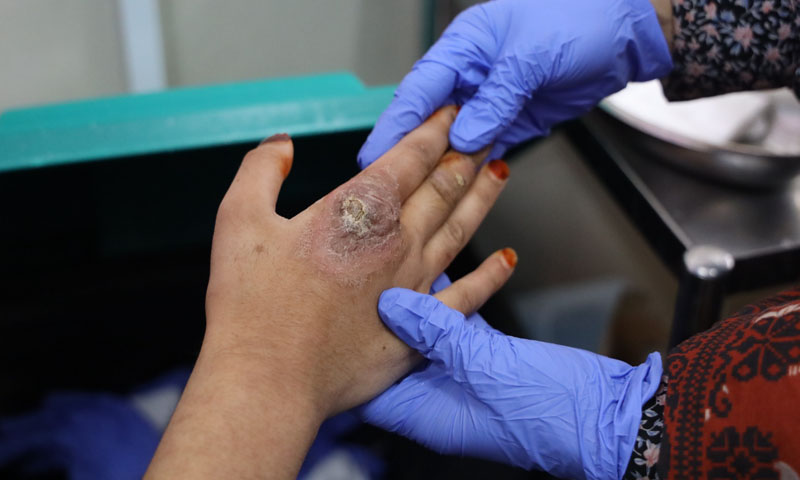- Web
- Feb 02, 2026
Exercise triggers immune response to combat inflammation, Harvard study reveals
-

- Hum News
- Nov 04, 2023

MASSACHUSETTS: New research from Harvard Medical School has unveiled the complex connection between exercise and the immune system’s role in combating inflammation.
The study, conducted in mice, provides insights into how physical exertion prompts an immune response, particularly involving T cells known as Tregs, that has a profound impact on muscle health and exercise performance.
Historically, the link between exercise and inflammation has intrigued scientists since an early 20th-century study observed elevated white cell counts in the blood of Boston marathon runners after the race.
Harvard’s recent study, published in Science Immunology, offers a molecular explanation for the phenomenon, indicating that muscle inflammation resulting from exercise triggers the mobilisation of Tregs. These Tregs counter inflammation, enhance muscle energy utilisation, and improve overall exercise endurance.
Tregs, previously known for their role in addressing abnormal inflammation related to autoimmune diseases, are now recognised as essential contributors to the body’s immune responses during exercise.
Read More: Unlocking trapped emotions to set them free from body
Diane Mathis, the study’s senior investigator and a professor of immunology at the Blavatnik Institute at HMS, stated, “The immune system, and the T cell arm in particular, has a broad impact on tissue health that goes beyond protection against pathogens and controlling cancer. Our study demonstrates that the immune system exerts powerful effects inside the muscle during exercise.”
It’s important to note that the study was conducted in mice, and further research is needed to replicate the findings in human subjects. Nevertheless, this research represents a crucial step in unraveling the cellular and molecular changes that transpire during exercise and contribute to overall health.
The salutary effects of exercise, such as reducing the risk of cardiovascular disease, diabetes, and dementia, are well-documented. However, the mechanisms underlying these health benefits have remained a topic of extensive research. The current study delves into the immune system’s involvement in these processes, shedding light on the intricate relationship between exercise and inflammation.
Kent Langston, the study’s first author and a postdoctoral researcher in the Mathis lab, emphasised the significance of their findings: “Our research suggests that with exercise, we have a natural way to boost the body’s immune responses to reduce inflammation.”
Although exercise-induced inflammation is a known response, previous research primarily focused on the role of hormones released during exercise and their effects on organs like the heart and lungs. This study, however, delves into the immunological cascade that unfolds within the muscle during exertion.
Exercise, known to cause temporary muscle damage and initiate inflammatory responses, enhances the expression of genes regulating muscle structure, metabolism, and mitochondrial activity, the powerhouses of cell function. Mitochondria play a pivotal role in adapting to the increased energy demands of exercise.
Furthermore, the study offers valuable insights into the cellular mechanisms underpinning exercise’s anti-inflammatory effects, emphasising the importance of harnessing the body’s immune defenses through physical activity. While therapies targeting inflammation are being explored for various conditions, this research underscores exercise as a natural and effective means of reducing inflammation.
Diane Mathis noted, “We’ve only looked in the muscle, but it’s possible that exercise is boosting Treg activity elsewhere in the body as well.” This research may pave the way for tailored interventions targeting Tregs in the context of specific immune-mediated diseases, offering yet another approach to address inflammation.




